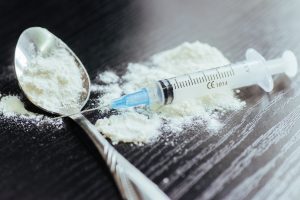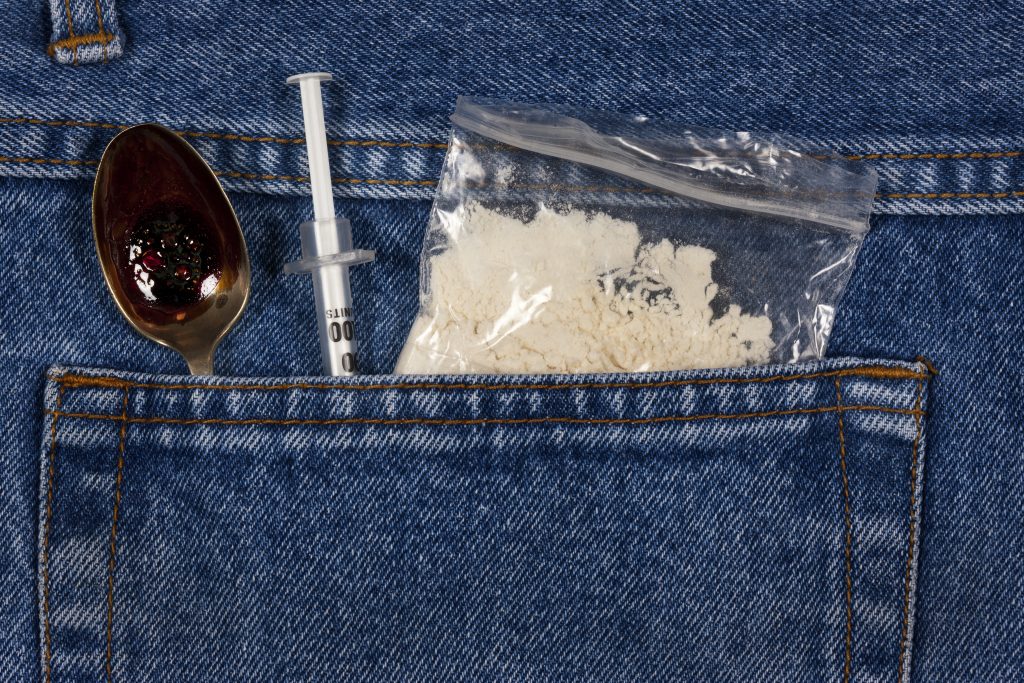Many people often use the terms “drug abuse” and “drug addiction” interchangeably to mean the same thing. However, these two terms don’t mean the same thing from a clinical perspective. Furthermore, it is critical to differentiate them when assessing drug dependence and the need for rehabilitation.
While both drug abuse and drug addiction can have a detrimental impact on your life, not everyone who abuses a given substance will go on to develop an addiction. But in most cases, abuse is always the first step towards developing drug dependence.
Recognizing early warning signs of drug abuse can alert you to the need for early treatment before a full-blown addiction occurs. This blog post highlights the differences between drug abuse and drug addiction that everyone must know.
Understanding Drug Abuse
Drug abuse is a term used to signify that someone exceeds the recommended amount or dosage of a given drug. When you are abusing a drug, it means you are using it in a way that was not intended.
For instance, abuse of prescription opioids led to the rise of the opioid epidemic across the country. In most cases, what starts as a simple abuse can lead to a full-blown addiction with severe repercussions.

In some instances, drug abuse could be an early warning that a person is secretly using other illicit substances. Some of the behavioral signs of drug abuse include:
- Failing to fulfill obligations.
- Denying visible severity of drug abuse problem.
- Missing work, school, family gatherings, or other social events.
- Irritability and moodiness.
- Isolating oneself from friends and family.
What Are the Effects of Drug Abuse?
Some people argue that drug abuse doesn’t have serious implications on one’s health. However, that is not true because misuse of drugs causes a wide range of adverse effects even if it doesn’t advance to addiction.
Generally, a person’s attitude, thoughts, energy, and overall view of the world is greatly influenced by what they take. Abusing a drug substance causes significant biological changes, which can significantly impact one’s life.
Combining the biological changes with reduced motor control, poor decision-making, and impaired judgement can lead the victim into dangerous situations.
Drug abuse also lowers inhibitions encouraging the victim to participate in dangerous activities or behaviors that they would not under normal conditions.

Furthermore, drug abuse puts one at an increased risk for infectious diseases and a wide range of other health problems. Even light drug abuse can easily put one at risk of overdosing.
The good thing is that those who have not yet developed addiction still have control over their lives. If these people wish to stop using the abused drugs, they can do so without extensive treatment.
Unfortunately, if the victim doesn’t act swiftly and stop the behavior, there is always a high chance of sliding into addiction. Since addiction develops pretty quickly, one might not know that they have transitioned from abuse to dependence.
In fact, the National Institute on Alcohol and Alcoholism says that at least 40% of people who begin drinking before the age of 15 are at an increased risk of developing alcohol addiction.
Understanding Drug Addiction
According to the National Institute on Drug Abuse (NIDA), drug addiction differs from drug abuse in that addiction is more of a chronic disease that is quite difficult to control. Constant abuse of drug substances usually causes chemical changes in one’s brain, leading to addiction.
The chemical changes in the brain compel one to keep using a particular substance no matter how severe the impact to their life may be.
Addiction usually forms over a period of weeks, months or even years. Some of the characteristics of drug addiction include:
- An obsession with the drug substance that dominates the victim’s life.
- Repeated failed attempts at quitting.
- Dangerous and risky behavior that seems to get worse with time.
- Increased dosage and use of the substance regardless of the risks.
- Negligence of responsibilities at school, work, or home.
- Constant denial that there is a problem or failed attempts of hiding the problem.
- Complete isolation from family and friends.
- Patterns of conduct focused solely on obtaining and using the drug substance.
Typically, a person addicted to a particular substance assumes that their entire life revolves around the substance. They will continue using it with the belief that it will solve their problems regardless of the consequences.
Some of the early warning signs of drug addiction include:
- Developing tolerance to a particular drug.
- Inability to complete daily tasks.
- Irritability, agitation and sudden changes in motivation.
- Lack of personal hygiene.
- Sudden change in sleep patterns (sleeping too much or too little).
- Changes in appetite.
- Borrowing or stealing money to pay for drugs.
- Changes in appearance include weight gain, bloodshot eyes, and instability.
- Mixing drugs and alcohol.
What Are the Effects of Drug Addiction?
Drug addiction exposes one to physical and mental issues. People who misuse a given substance frequently are more likely to develop mental health issues that can take some time to heal.
Some of the common mental issues that may occur due to drug dependency include depression, paranoia, anxiety, and psychosis.
Lengthy abuse may even affect one’s health in irreversible ways. For instance, drug addiction can harm vital body organs and cause a wide range of physical illnesses.
Substance addiction does the most harm to the kidneys, heart, lungs, and liver. That is why it is common for people who are addicted to various substances to develop cancer, heart attack, stroke, hepatitis B or C, liver failure, respiratory problems, and collapsed veins.

After an individual develops an addiction, the option to simply stop using the drugs no longer exists. Even if they choose to do so, it becomes difficult due to the chemical imbalances in the brain and withdrawal symptoms that may develop.
Drug addiction victims may also enter into a denial period (they want to believe everything is okay even when it is not). Denial makes it difficult for the victim to accept professional help.
In this case, someone close to them must stage an intervention to encourage the victim to recognize the damage that the addiction is causing to their lives and accept treatment.
Are You Struggling with Drug Addiction? You Deserve Help!
Are you struggling with drug addiction and don’t know what to do? You need to know that you are not alone and can get the professional help you deserve.
At CCIWA, we understand what you are going through, and we are ready to get you clean and help you stay away from the substances. Our team of experienced experts recognize that addiction is a chronic disease that requires ongoing treatment.
That is why we have developed a wide range of treatment options that will help you beat addiction and stay sober. Contact us today to find a clinic near you and start your recovery journey!



